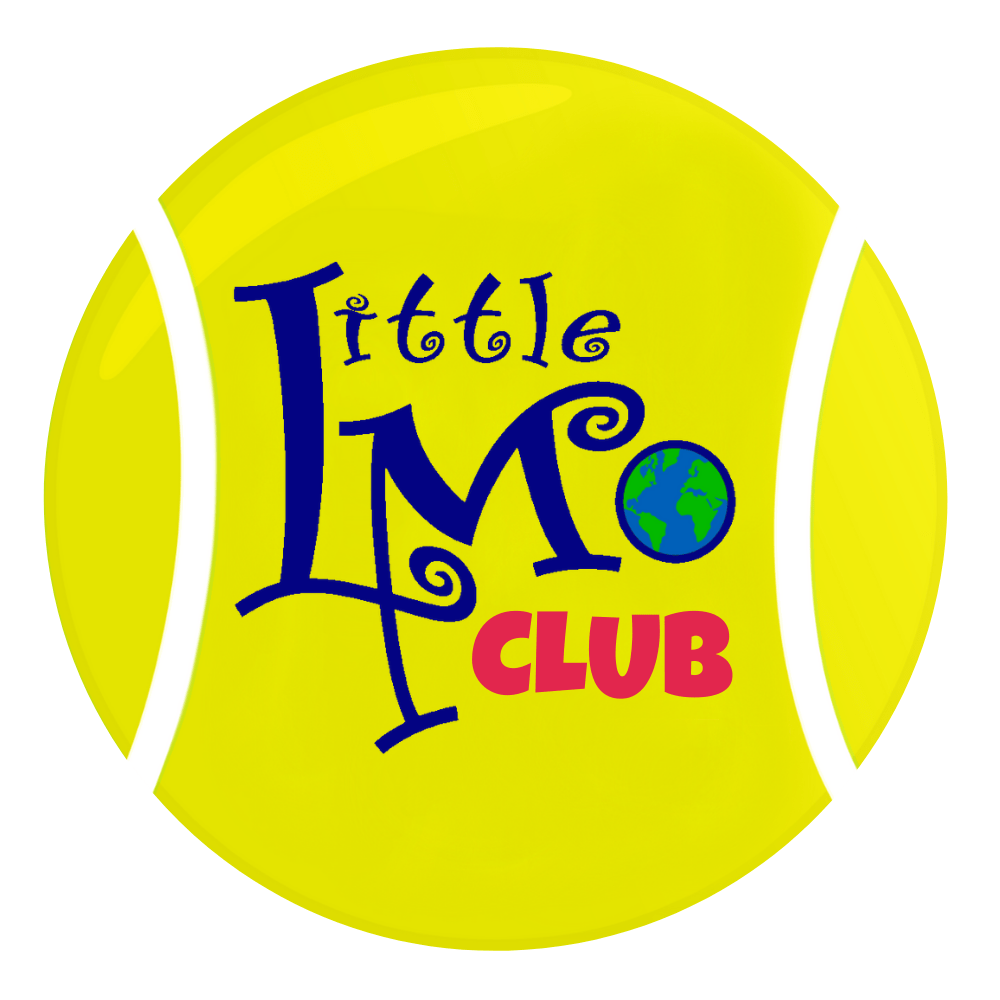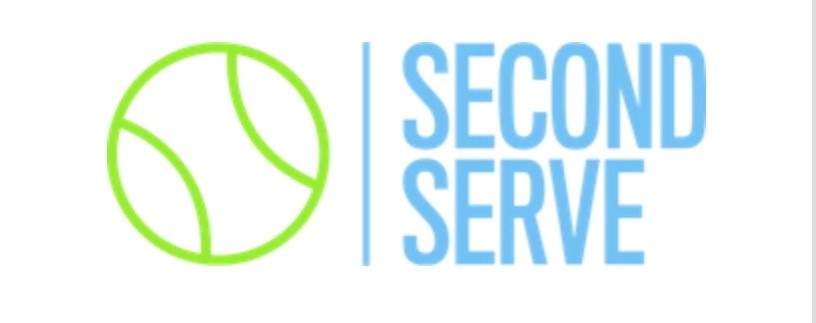Raising Aces: Coach Pete’s Guide to Empowering Tennis Parents (Part 2)

Up Next
 Hard Comes First ft. Rod Ray
Hard Comes First ft. Rod Ray
This is the second in a series of articles written by Coach Peter Scales exclusively for ParentingAces. We hope you will engage with the articles by leaving your thoughts and/or questions in the Comments below. Be sure to check out our recent podcast with Coach Pete at https://parentingaces.com/articles/raising-aces-ft-peter-scales/. You can find the first article here.
Why Do Your Kids Play So Well in Practice But Fall Apart On The Match Court?
The Myth of Staying In the Moment…and How Your Child Can Get Back Into the Moment
One of the things players hear a lot from coaches, parents, and well-meaning well-wishers and supporters, is to stay in the moment. Have a plan for the match, of course. But in it, while you’re actually playing, focus on this present moment, right now, not on what just happened or what might happen next. All good advice. As a long-time high school tennis coach, I give that advice, too.
But as usual when it comes to the mental-emotional game, there’s more to it.
I am not particularly a Novak Djokovic fan. Totally respect his GOAT-ness, but it has often been hard for me to be a fan of him as the Novak person. Roger and Rafa were and are my guys for their character on and off the court.
But Novak gave his most gracious losing speech after the Wimbledon final, and said something earlier during Wimbledon 2023 that we all know and have heard—that champions recover quickly. Bu this time it felt different to me, hearing it from the player who will at some point, and may be already, the consensus best tennis player ever. And the way he said it.
He said, very low key, being objective and yet calmly emotional at the same time, even at his level, accepting and sharing a deep truth: That it is impossible to stay focused in the moment, the present, all the time, 100% of the time. The real key, said Novak, is how quickly you can get back into the next moment, once you’ve gotten distracted and lost focus as we all do and will.
Pretty much everything about the mental game is not about preventing all the mental stuff from happening, all the primitive lizard brain influence, even though that lizard can drive you nuts within an instant.
It’s about managing it. Or as I said in a thing I did for TENNIS.com, you’re not trying to kick the lizard off the bus—you’re trying to put the lizard in the passenger seat and you take the keys to the bus back.
Your child will lose focus. The lizard will make sure of that. Your child will be unable to stay in the present moment, at least sometimes, and for most of us, much of the time. Ok. It means they’re human. Perfection is an illusion. They can get back into the moment by getting back to love of the game and honoring the game, by forgetting who’s winning and losing and getting back to solving the puzzle. That’s why they like the game, isn’t it? Trying to solve the puzzle of their opponent while dealing with the multidimensional chess game that tennis is, with touches of boxer, surgeon, jazz musician, and gymnast also required.
We lose focus on the process, on the fun challenge of solving the puzzle, when we start focusing on ME instead of the GAME. And that usually happens because we are caring about Ws and Ls too much. Some caring about Ws and Ls is essential, to be successful on the scoreline. But too much of Ws and Ls focus is harmful to both performance and well-being.
And that obsession with Ws and Ls is driven by the triple human needs to feel like we have control (ha ha achieving that in a tennis match!), that we’re competent, and that we’re loved and belong. Losing, and the fear of losing, threatens ALL of those basic human needs. No wonder the lizard brain has such power. There are 4 keys that your child needs in order to manage all this and kick that lizard out of the driver’s seat and back into the passenger’s seat, and it’s physical first and then mental-emotional.
- Breath management.
- Muscle relaxation management.
- And then deep knowing that you are not a better person if you win, and not a worse person if you lose.
- And then reminding yourself of why you love playing this game, what you first fell in love with about the game.
If you and your child’s coaches can help them do those 4 things, then they’ll play more in matches like they have nothing to lose, instead of like they have everything to lose.
There is no guarantee of wins if they do, although the probability increases. But I can guarantee they’ll feel better about life, on or off the court, win or lose, by doing those 4 things consistently. They’ll have more fun again, and probably improve more quickly than they were.
Those 4 steps can get your child back into the match moments that follow the moment that they, quite normally, couldn’t stay in. That’s how they can get back into the next moment that’s coming right now.
_____________
Coach Pete–Peter C. Scales, Ph.D., USPTA—is a developmental psychologist known worldwide for his research on positive youth development, and has been the Senior Fellow for the youth research firm Search Institute for nearly 30 years. He is a U.S. Professional Tennis Association-certified tennis teaching pro and long-time boys’ and girls’ tennis coach at Parkway South High School in Missouri. Coach Pete created the Compete-Learn-Honor® approach to coaching and player development, and is the author of the award-winning book Mental and Emotional Training for Tennis: Compete-Learn-Honor, and the acclaimed new book, The Compete-Learn-Honor Playbook: Simple Steps to Take Your Mental & Emotional Tennis & Pickleball Game to a New Level (both from Coaches Choice and available on Amazon). Coach Pete has appeared on numerous tennis and youth sports podcasts, including ParentingAces.com, EssentialTennis.com, the US Center for Safe Sport, TrueSport, PickleballTherapy.com, and USTA’s Compete Like A Champion. He has written for TENNIS.com and Pickleball Magazine, and has regular mental game columns in Racquet Sports Industry Magazine and SportingKidLive-the online magazine of the National Alliance for Youth Sports, and serves as a mental game advisor for BetterPickleball.com.













Comments are currently disabled for this post